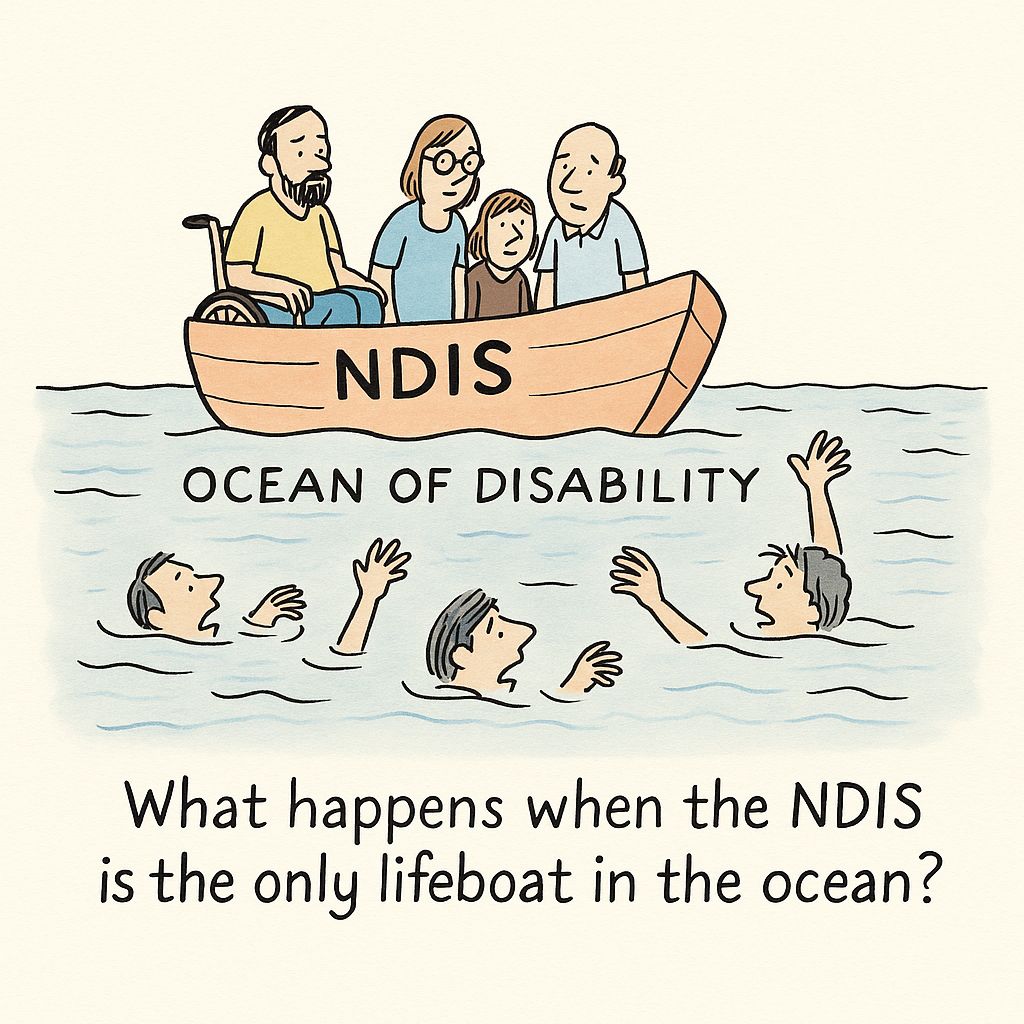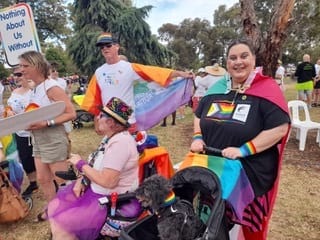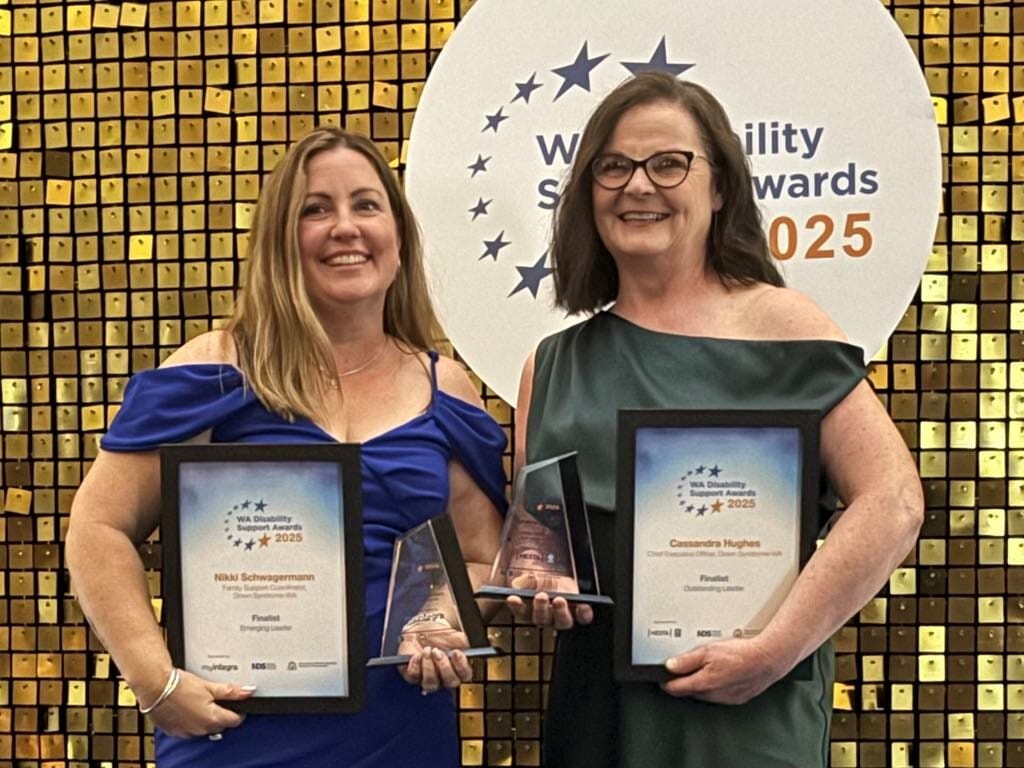The abilityNEWS Daily
The Big Story
Why Mark Butler’s new title might matter more than you think

Bill Shorten was, simply, Minister for the NDIS. Mark Butler, however, is now both Minister for the NDIS and Minister for Disability. Why the difference and does the change mean disability and the NDIS are now two different things?
A question like this might seem arcane, even meaningless, but in government words matter. Fit a definition correctly, and you qualify for money; fail and there’s none or it’s delivered differently. That’s why people are fascinated with Butler’s new title, which distinguishes between his role as Minister for Disability and Minister for the NDIS.
And while this might seem like a pointless debate, it actually carries real-world consequences. Particularly for people with disability.
At first glance the change appears semantic. Isn’t the NDIS just how the government supports people with disability? Well, no - and that’s the point. By giving Butler two separate titles, the government is subtly, but importantly, acknowledging “disability” and “the NDIS” are not the same thing. One is a whole-of-society issue. The other is a funding mechanism.
The first requires general programs provided and available to anyone. The second delivers specific services only for those who qualify.
Re-define disability like this, and you can see why the government might do it. There’s no need, for example, to test and deliver individualised programs to every young boy who might now qualify for the NDIS (currently 12.7 percent of boys between the ages of five and seven).
Instead government can establish other ways of coping with large cohorts of people with similar needs. Doing this might be a better way of dealing with a problem that shouldn’t necessarily be treated through programs created for each individual.
Dealing with the issues this way would also (and purely incidentally, of course) offer a much cheaper way of solving a huge and growing problem. How much better (and cheaper) to instead deal with these individuals as a group.
The Briefing

Shannon Meilak says not all events are inclusive
Some people find gaps are evident - even in inclusive events
by People with Disability Australia
Disabled advocate Shannon Meilak highlights what she feels are persistent failings in event planning, where inclusion often falls short of genuine effort. She claims her experience shows that infrastructure alone isn't enough—consultation with disabled people is critical for meaningful change.
Waiting with bated breath . . .
by Physical Disability Australia
Mark Butler and Jenny McAllister have been appointed to jointly oversee Australia’s National Disability Insurance Scheme amid ministry changes. People with Disability Australia is concerned about the grouping of disability with health and ageing, while advocates urge the inclusion of lived experience in policy delivery.
WA Disability Support Awards
by Down Syndrome Australia
Disability Support WA celebrated strong recognition at the WA Disability Support Awards with four nominations and three finalists. Nikki Schwagermann and Cassandra Hughes were honoured for leadership, winning in the Emerging and Outstanding Leader categories respectively.
Access Awards are back and calling for nominations
by Centre For Accessibility Australia
The 2025 Australian Access Awards are open for nominations, recognising efforts in digital inclusion across sectors including government, education and business. Announced on Global Accessibility Awareness Day, the awards highlight exceptional contributions to improving online experiences for people with disability.

Awards night: Nikki Schwagermann and Cassandra Hughes
The Wrap
Quiz: What percentage of Australians reported having a disability in the most recent ABS data (2022)?
(a) 8% (b) 17% (c) 24%
Answer – About 17% of Australians identified as having a disability in 2022
The Diary

